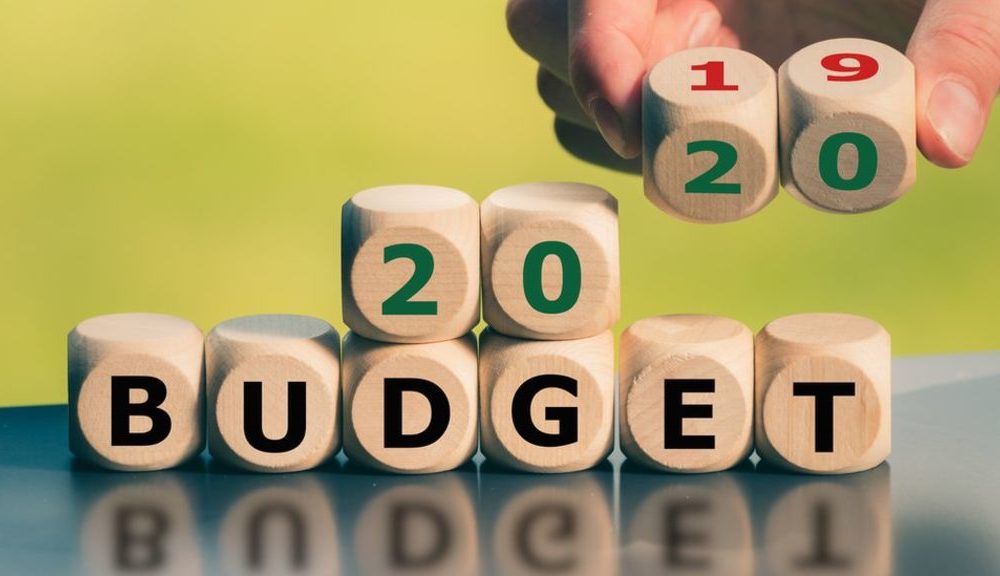Economy
FG Cuts Oil Benchmark, Revised Down 2020 Budget to N10.52 Trillion

- FG Cuts Oil Benchmark, Revised Down 2020 Budget to N10.52 Trillion
The Federal Executive Council on Wednesday lowered Nigeria’s crude oil benchmark from $30 per barrel to $25 for the year 2020.
The budget for the year now stood at N10.52 trillion, down from the initial N10.59 trillion.
This was in line with the current economic realities following over 60 percent declined in oil prices and the nation’s revenue generation.
It should be recalled that the federal government had revised down oil benchmark from the initial $57 per barrel to $30 in March, however, rising global uncertainties, low economic activities amid the ongoing lockdown and projected dollar illiquidity have forced the government to once again cut the oil benchmark to $25 per barrel and subsequently reduce the 2020 budget.
Speaking after the meeting held in Abuja, Mrs Zainab Ahmed, the Minister of Finance, Budget and National Planning said the nation’s daily crude oil production has now been reduced to 1.94 million barrels per day, up from about 2.1 million barrels per day.
She also said the Naira exchange rate has been set at N360/$ for the appropriation bill, up from N306/$.
She stated, “The revised budget is now in the total sum of N10.52tn, a difference of just about N71.5m when compared to the approved budget.
“This is because, as we cut the size of the budget, we also have to bring in new expenditure previously not budgeted, to enable us to adequately respond to the COVID-19 pandemic.
According to the Minister, the falling revenue generation due to weak oil prices forced the executive to review the budget and devised how to finance the N5.365 trillion budget deficit.
The minister said, “The Federal Government in this budget will have direct revenue of funding the budget of N5.158tn. The deficit to this budget (is) N5.365tn and this will be financed by both domestic as well as foreign borrowings.
“The foreign borrowings we are doing for 2020 are all concessionary loans from the International Monetary Fund, the World Bank, the Islamic Development as well as Afro-EXIM Bank.
“There will also be some drawdown of previously committed loans for major ongoing projects that we will be drawing from both existing facilities as well as some special accounts with the approval of Mr President and the National Assembly.”